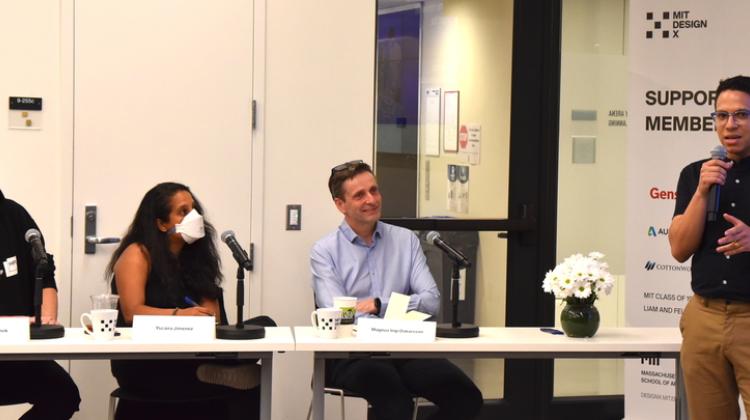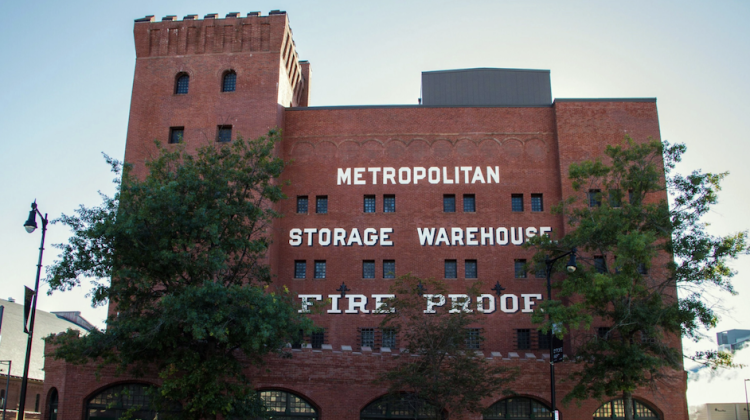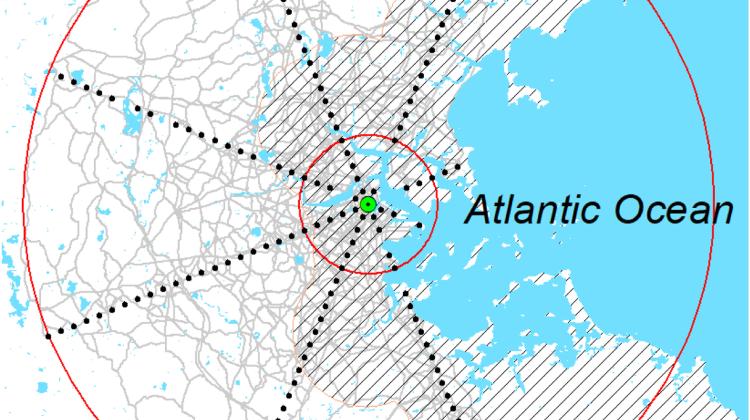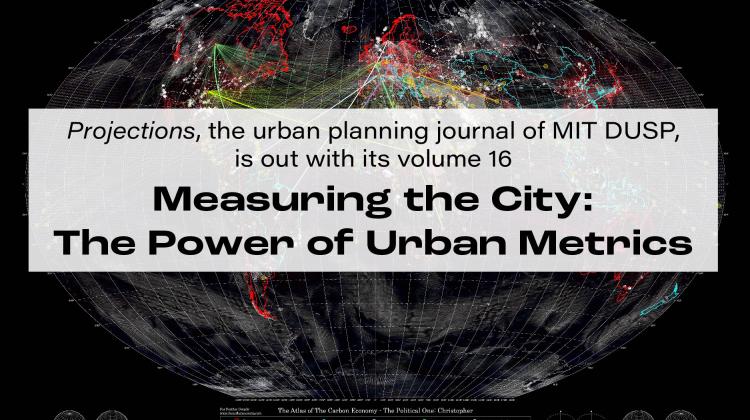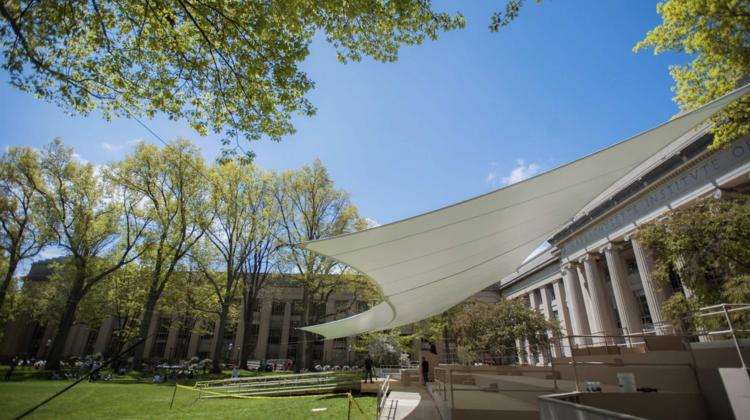Real Estate
- Image
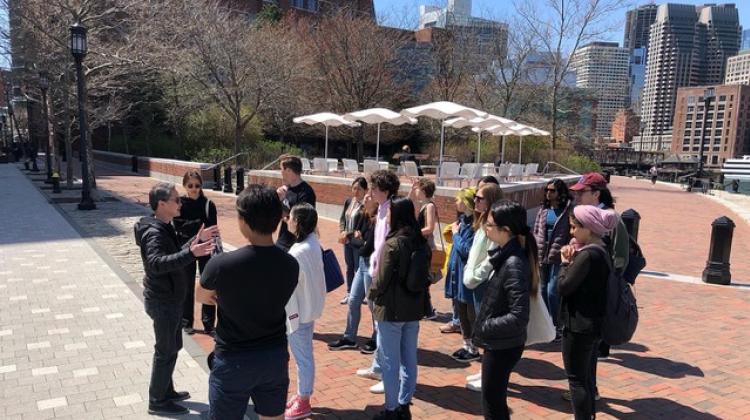
Kairos Shen leading a tour focused on the planning and development of Boston for 11 and 11-6 undergraduate students
We seek to improve the quality of the built environment and real estate investment industry, while promoting socially and environmentally responsible and innovative practice of real estate development and investment in our teaching, research, and industry interactions. Learn more about the study and pedagogy of real estate via the MIT Center for Real Estate.
Overview
The structures built by the real estate industry comprise over a third of the world’s tangible wealth, and are responsible for as much as one-third of the world’s total global greenhouse gas emissions – primarily through the use of fossil fuels during their construction and operational phase. For the industry to maintain responsible leadership in the global community, it must encourage a culture of sustainability and innovation that meets the challenges of an increasingly interconnected world.
This evolving global City-Making Industry culture measures value of a development project not only by financial returns to the developer, but also social returns to communities. This new real estate industry is more interdisciplinary, data driven, and performance measured, involving ever larger, city-scale projects composed of hybrid real estate products and asset classes. Through the Center for Real Estate, we aim to take on a leadership role in the global real estate industry, as it transforms from traditional models of project-based development while also addressing challenges such as fast urbanization, sustainability, sea-level rise, dwindling resources, technological disruption, and growing inequality at the city scale.
The MIT Center for Real Estate (MIT/CRE), housed within the School of Architecture and Planning with the core faculty from Department of Urban Studies and Planning, was founded in 1983 and was the first professional master’s degree program in real estate in the US. Operating in the context of rapidly evolving real estate practices CRE educates the next generation of global innovators and industry leaders. CRE’s associated faculty pursue research initiatives to provide the foundation for the best training of the next generation of real estate thinkers and leaders to impact professional practice as well as academia.
People
Siqi Zheng
 Professor of Urban and Real Estate Sustainability
Professor of Urban and Real Estate SustainabilityKairos Shen
 Associate Professor of the Practice
Associate Professor of the PracticeAlbert Saiz
 Associate Professor of Urban Economics and Real Estate
Associate Professor of Urban Economics and Real Estatedevin michelle bunten
 Assistant Professor of Urban Economics and Housing
Assistant Professor of Urban Economics and HousingJustin Steil
 Associate Professor of Law and Urban Planning
Associate Professor of Law and Urban PlanningJinhua Zhao
 Associate Professor of Transportation and City Planning
Associate Professor of Transportation and City Planning
Areas of Study
Finance & Economics
By examining real estate as a financial product we seek to better understand its behavior and its impact on the global economy and markets. Faculty and students associated with CRE explore the financial lens of real estate through economic theories and models; investment and business principles; capital markets.
Design & Development
Real estate development projects are physical artifacts, becoming a part and adding to the urban fabric. This physical impact on the built environment is studied via the lens of city planning and urban design principles; the real estate development process; and government policies and regulations.
Sustainability & Technology
The physical and financial resources linked with real estate development allow for the industry to be used as a vehicle for achieving environmental, social, and economic justice. The same concentration of resources provide a fertile space for innovation and application of new technologies and data science approaches to enhance environmental, social, and economic outcomes as well as improve the financial, physical, environmental, and social performance of developments.





